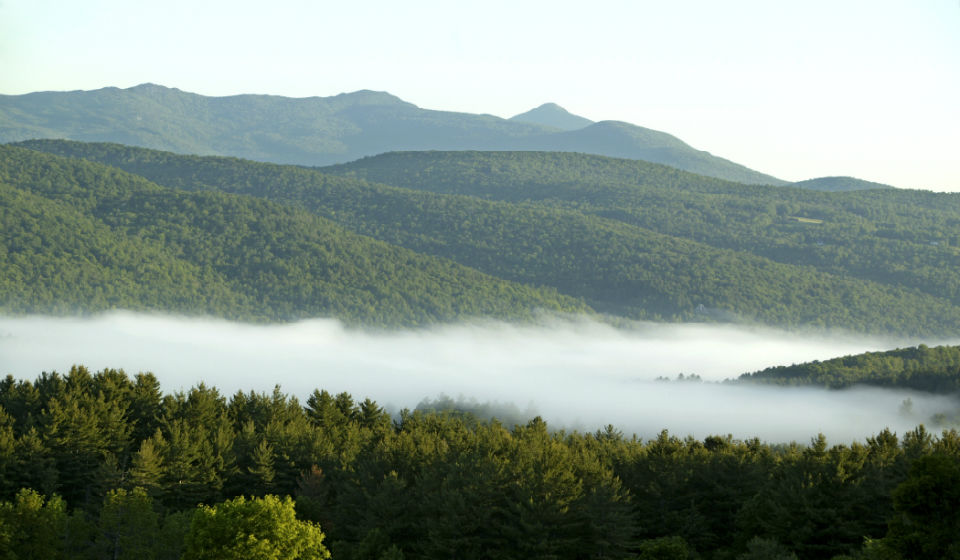Increased Awareness is Needed When Open Burning During Current Dry Weather
Vermont is currently experiencing abnormally dry and moderate drought conditions, and the Department of Forests, Parks, and Recreation is reminding the public to exercise caution and follow all state laws and local ordinances with open burning. Open burning currently requires a permit from your town forest fire warden, and Vermonters should always check with their town forest fire warden before burning. Click here for a list of town forest fire wardens.
The northeast has been drier than normal, with many areas receiving little rain over the summer months. The North American Drought Monitor, a cooperative effort between drought experts to monitor conditions across the continent, classified 51% of Vermont as experiencing moderate drought conditions and the remainder of the state as abnormally dry. The weather forecast over the next few weeks does not indicate any signs of relief, with little to no precipitation forecasted. The dry conditions call for extra attention when open burning-particularly with campfires-to reduce the risk of wildland fires.
Under normal conditions, organic matter in and above the soil, leaves, and branches that fall to the ground and decay helps to maintain soil moisture. However, the recent abnormally dry weather has resulted in low soil moisture in many areas of the state, increasing the risk of ground fires. Ground fires are wildfires that occur in the subsurface and consume buried vegetation. This type of fire can be difficult and costly to extinguish and is often started by open burning such as burn piles, bonfires, and campfires. Already this year, several ground fires have occurred in remote areas of the state caused by campfires that were not properly extinguished.
Most years, there is enough moisture in the soil and woody material on the surface to quell any embers that smolder in open fires. This year, we need to use extra caution when open burning, especially with a campfire in the woods. Increased awareness can go a long way to limit the occurrence of wildland fires. Please do your part to help prevent wildfires by following these simple guidelines:
- Be aware of the current weather conditions before igniting a fire. Click here to review current conditions.
- Understand the open burning laws, and obtain a permit from your Forest Fire Warden.
- Never leave an open fire unattended.
- Never build a campfire on top of duff; use a camp stove to prevent escaped fires.
- Extinguish fires completely before leaving. This can be done by dousing the fire in water, including all embers. Use a live, green branch to mix and stir the embers.
- If water is not available, use soil or sand to mix into the embers to cool them down.
- Continue to mix water and soil with the embers until the material is cool.
- Before leaving, use the back of your hand to check for heat in the campfire.



